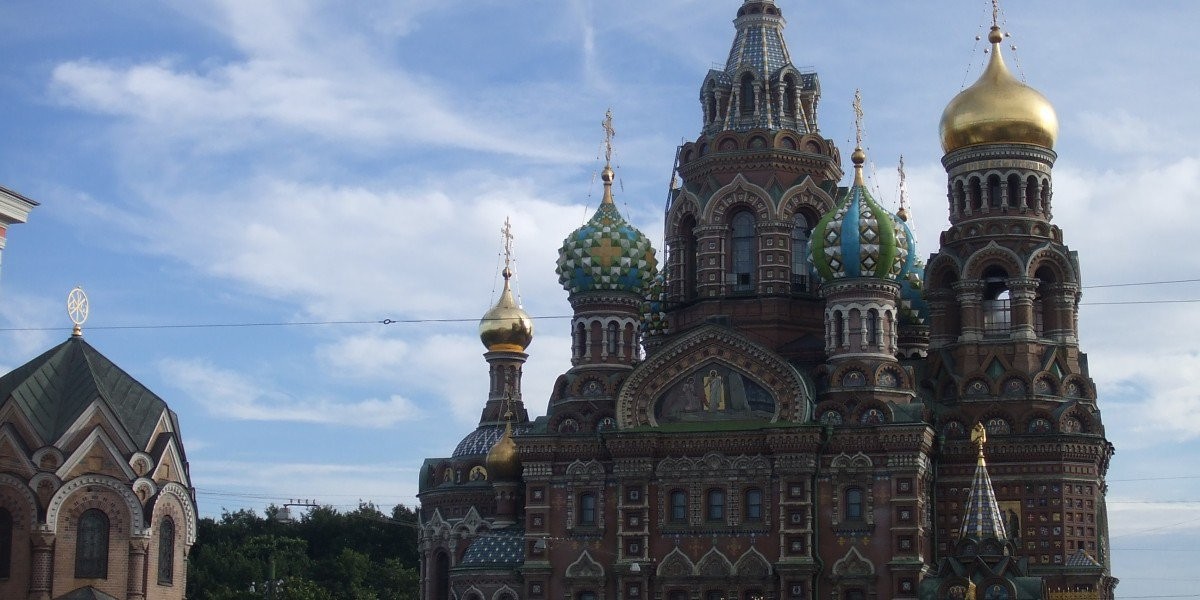
by Gian Piero Piretto
At Festivaletteratura 2015, there will be a series of events dedicated to St Petersburg and the literature inspired by the city
Gian Piero Piretto is the curator, together with Luca Scarlini, of "Una città in libri" (A city in books), a collection of books dedicated to St Petersburg that can be consulted during Festivaletteratura at the Tenda dei Libri (you can download the bibliography here). In this article, Piretto introduces us to the dark fascination of the old Russian capital, which since its founding, has drawn the attention of a great number of writers, inspiring novels, stories, poems, odes, verses, diaries and essays.
I will put Dostoevsky to one side for a moment and instead give the first quotation to the symbolist writer Andrej Bely who, in his novel Petersburg, inspired by the phantasmagorical city, writes that, “Petersburg does not exist. There is nothing behind Petersburg.” Going somewhat further than his illustrious compatriot who, some decades earlier, in another century, had already defined it as “the most abstract and premeditated city in the world.” Since its founding in 1703, St Petersburg developed in parallel with the myth that has accompanied the city ever since.
The categories of condemnation and celebration, constantly alternated in the pages of novels, on painted canvases and, later, on film screens, brought the city's contrived origins to the forefront, not to mention its swampy foundations, the architectural splendours that make it unique, the reflections of light and colour in its rivers and canals, the silhouettes of its bridges, the violence of its floods, the contrasts between the glorious façades of its neoclassical and baroque buildings and the sordid recesses of stinking yards that lurk behind the scenes of that astonishing metropolitan illusion.
Novels, stories, poems, odes, verses, diaries and essays. Each literary genre has been drawn to the arcane reality of this capital city, each poetic trend and each historical era has contributed something, as the various names given to the city (Petersburg, Petrograd, Leningrad and then, once again, St Petersburg) through the ages can testify. Even the tragic 900-day siege during the Second World War. The invitation from the St Petersburg library to Festivaletteratura in Mantua is to come and investigate, through debates and discussions on books and texts, whether or not this centuries old myth still has the right to exist today. Establishing if what makes the city so unique is due to the miasmas that rise up from the hovels of Dostoevsky’s characters and the greenish waters that make the waterfront in Bely’s novel so slippery, or is it the almost diabolic excitement that reigned over Gogol’s silent and disturbing Nevsky Prospekt and the excruciating tales of survival and death during the siege winters, or even the irreverent verses of the underground poets during the Soviet seventies? In St Petersburg, “everything is a ruse, everything is a dream, and nothing is what it seems.” Maybe this is why so many books talk about the city?



